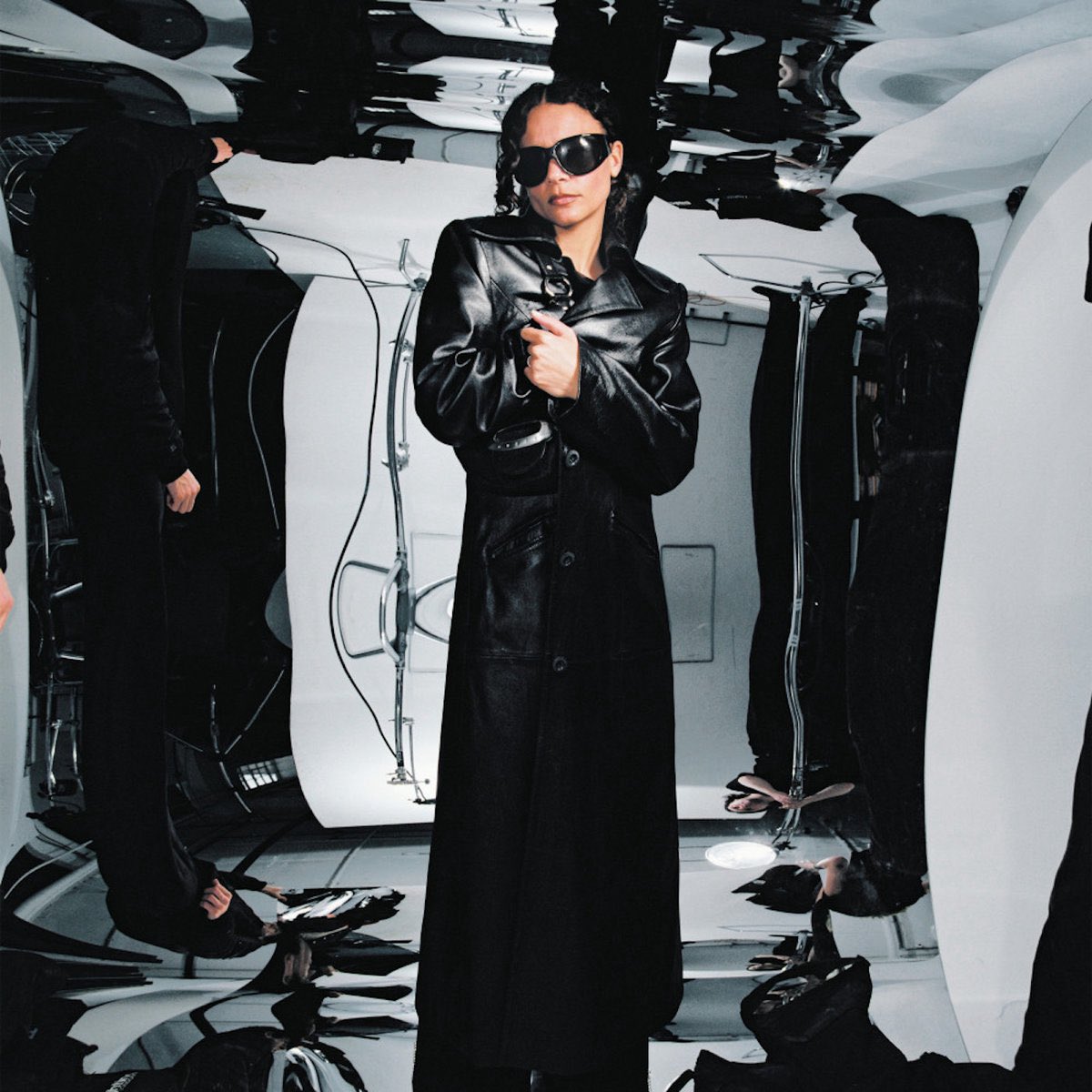Erika de Casier
Still
4AD
ABOVE THE CURRENT
Three albums in, it still feels as though Erika de Casier is a bit of a hidden gem. Her understated style may not beg for attention, but her previous two records, 2019’s Essentials and 2021’s Sensational, rewarded listeners with sleek, ’00s- and ’90s-inspired R&B, combined with electronica and minimal house. Yet she’s clearly still getting the attention of the right people within the music industry, having had a hand in writing the 2023 EP Get Up from NewJeans, the latest K-pop band set to go stratospheric across Western culture. Their hit single “Super Shy” had all the characteristics of de Casier’s music, only draped in high-end pop production.
When she hasn’t been writing for emerging artists, de Casier has been focussing on her own trajectory. By now, we’ve become accustomed to de Casier’s signature style, defined by vocals that feel as if she’s singing with the lightness of a feather. Yet this minimalist approach to singing shouldn’t be conflated with super-shyness. In fact, across Still, de Casier’s performance is direct, staring you straight in the face with refreshing calmness. She’ll make small adjustments in the right moments to perfectly translate her feelings, such as the way in which she employs vocoder to manipulate the phrase “Need ya” at the end of “Lucky,” which makes you feel the rush of endorphins in the midst of a moment of desire.
The journey of Still touches upon all the highs and lows of a relationship: the thrill of finding someone who reignites your excitement (“Lucky”), fooling around and finding out what you enjoy about each other (“Test It”), the comedown in which you still feel as though your partner’s expectations and perspective of you still weigh on your mind (“Anxious”). Previously, de Casier had used an alter-ego called Bianka to embody a more confident and braggadocious sense of self, yet she makes no appearance on Still. This time around, the playfulness projected in songs such as “Ice” is all authentically de Casier (alongside an impressive cast of guest vocalists across the album, including Shygirl and Blood Orange, as well as They Hate Change on this particular track). She has space to have fun with desire across the album—“Home Alone” and the steamy “ooh” embrace the sexiest sides of aughts-era R&B heard throughout her discography.
Meanwhile, “The Princess” presents a completely different idea of desire. The track sees de Casier wrestle with a projection of her own childhood, the young girl who wanted everything: everlasting love, offspring, financial independence. It contrasts with the reality of adulthood, where the work/life balance of an artist tends to make these pursuits more difficult to achieve. In a recent interview, de Casier described how making music was never meant to be a career for her, which has inevitably led to her experiencing these feelings and essentially re-evaluating what desire means to her as an adult.
The main criticism you could have of de Casier’s music is her decision to continue to lean so heavily on a distinct sound. Staying close to her roots has meant that there’s relatively little room for reinvention, with small adjustments being made between each album (in the case of Still, those tweaks come through on the record’s heightened emphasis on electronic and house elements). Yet de Casier continues to prove that she can craft captivating narratives under her own unique umbrella—it may be one reason why she has what’s considered to be a cult following, but there’s little doubt that de Casier is onto a winning formula.







